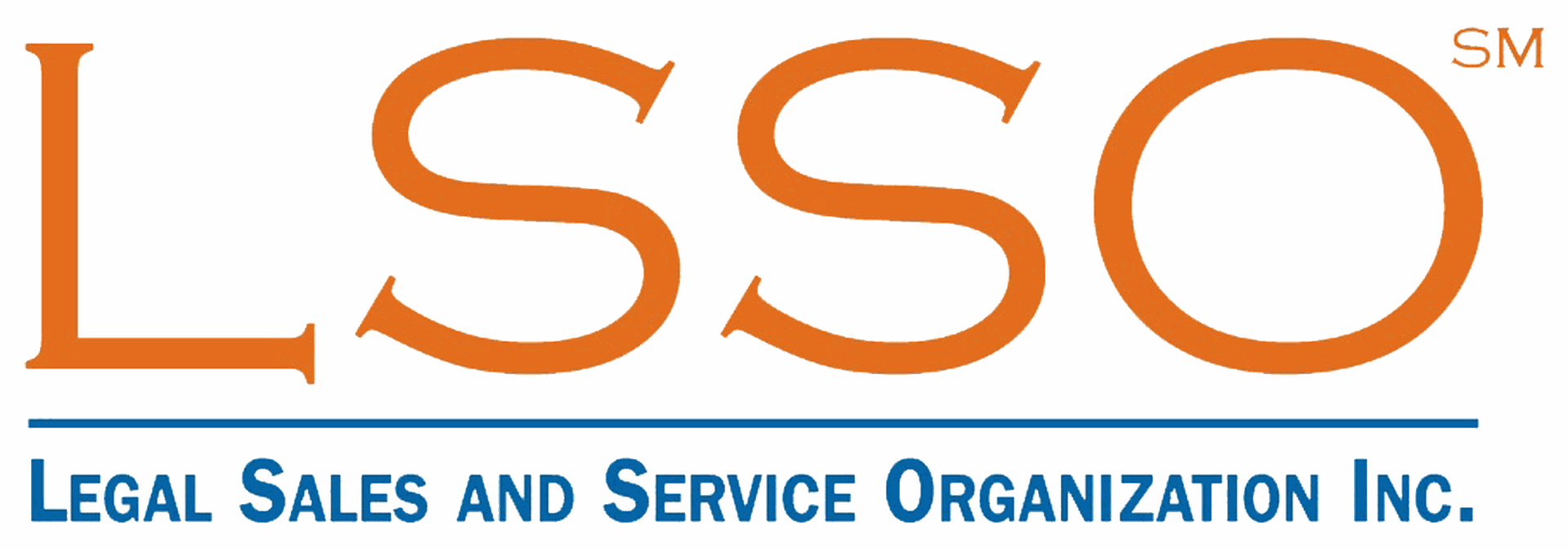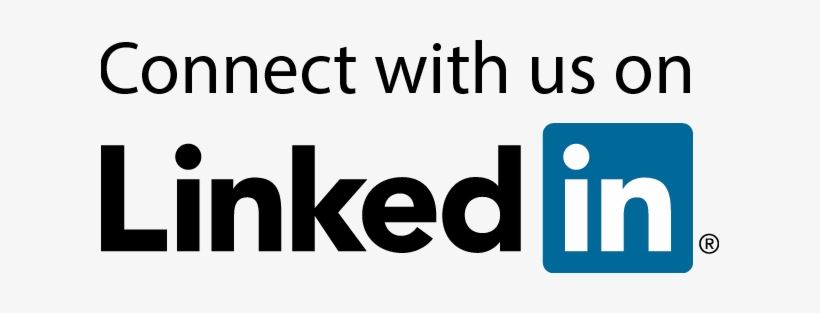 Ballard Spahr LLP seeks a dynamic and successful marketing and business development professional to join the Ballard Spahr team as the Proposal Specialist supporting the firm’s efforts to respond to proposals within the guidelines of firm strategy, business development, and client relationship management goals. The successful candidate will report directly to the Proposal Manager, while working collaboratively with the practice group and regional business development teams. This job position can be located in either our Atlanta, Denver, Las Vegas, Minneapolis, Philadelphia, Phoenix or Salt Lake City offices.
Ballard Spahr LLP seeks a dynamic and successful marketing and business development professional to join the Ballard Spahr team as the Proposal Specialist supporting the firm’s efforts to respond to proposals within the guidelines of firm strategy, business development, and client relationship management goals. The successful candidate will report directly to the Proposal Manager, while working collaboratively with the practice group and regional business development teams. This job position can be located in either our Atlanta, Denver, Las Vegas, Minneapolis, Philadelphia, Phoenix or Salt Lake City offices.
This individual will be an important part of our Marketing and Business Development team and will be independently managing high profile RFP responses, working directly with Business Development Managers on strategy and positioning, as well as key stakeholders across legal departments. In addition, this position will maintain proposal milestones schedule such as issue and review dates, kickoff meetings, planning sessions, drafting and review, and delivery dates ensuring (i) full understanding of business requirements and strategy; (ii) a smooth production process; (iii) an intelligent, professional, accurate and compelling final product; and (iv) timely delivery of the finished product.
Learn more and apply here.

